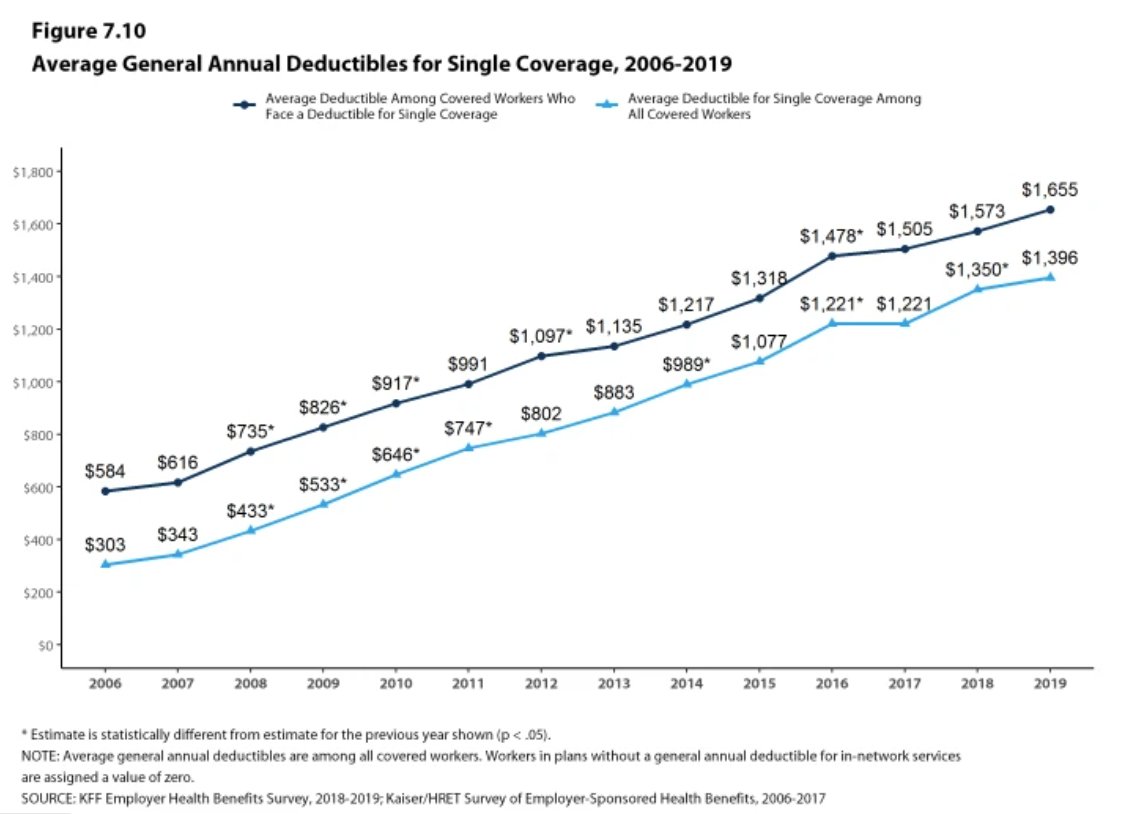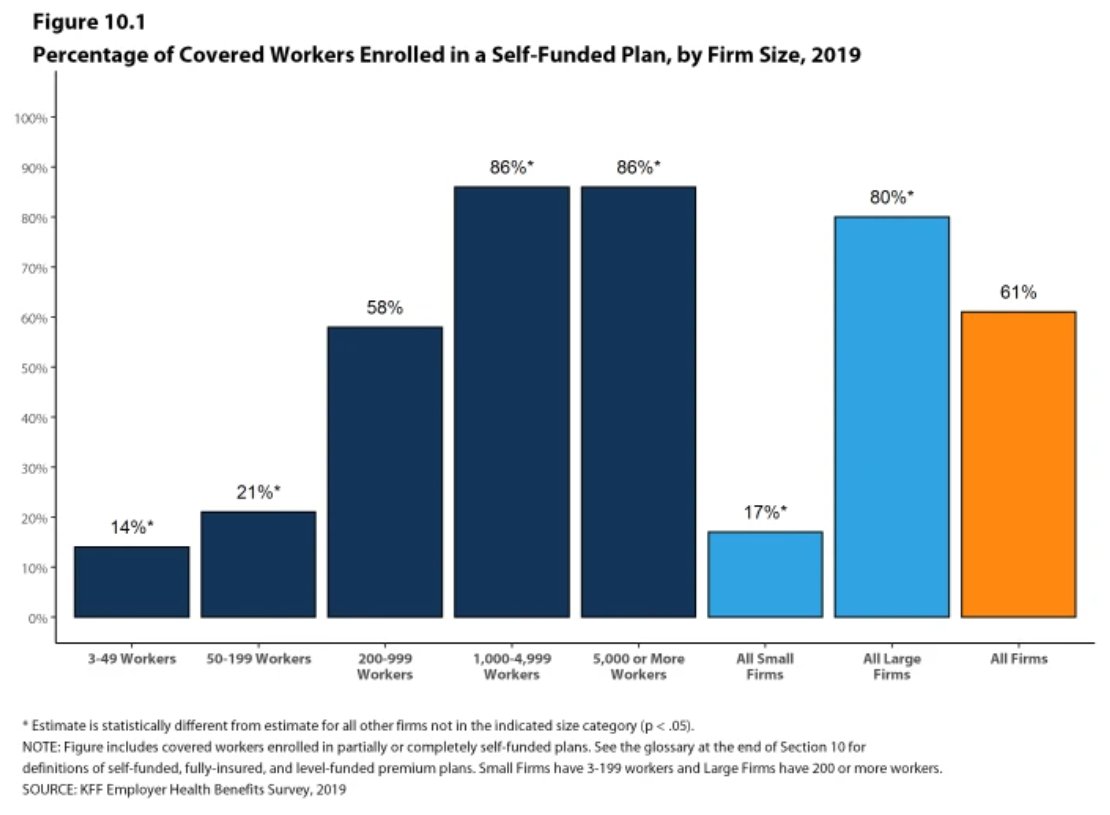A few thoughts about subsidizing COBRA for people who lose their jobs and health insurance, which has become a point of contention in the debate over the next relief legislation.
With millions of people losing their jobs and health coverage, a full and automatic subsidy for COBRA is a quick and easy way to allow people to keep their previous health insurance and doctors in the midst of a pandemic.
The ACA ensures 79% of people losing employer insurance are eligible for Medicaid or premium subsidies. However, the application process can be complex, premiums high, and many could fall through the cracks. A COBRA subsidy would help maintain coverage. https://www.kff.org/coronavirus-covid-19/issue-brief/eligibility-for-aca-health-coverage-following-job-loss/">https://www.kff.org/coronavir...
COBRA is quite expensive – averaging over $7,000 for a single person and over $20,000 for a family of four. That’s mainly because health care is quite expensive in the U.S. This means the federal cost for subsidizing it 100% is high. https://www.kff.org/report-section/ehbs-2019-section-1-cost-of-health-insurance/">https://www.kff.org/report-se...
While subsidizing COBRA would allow unemployed people to maintain their insurance and provide continuity in their health care, it would also require many of them to keep their big deductibles, averaging $1,396 per person.
https://www.kff.org/report-section/ehbs-2019-section-7-employee-cost-sharing/">https://www.kff.org/report-se...
https://www.kff.org/report-section/ehbs-2019-section-7-employee-cost-sharing/">https://www.kff.org/report-se...
Subsidizing COBRA would be more expensive than covering uninsured people through Medicare, since hospitals on average charge private insurers double what Medicare pays them. (That’s also why hospitals would bitterly oppose an expansion in Medicare.) https://www.kff.org/medicare/issue-brief/how-much-more-than-medicare-do-private-insurers-pay-a-review-of-the-literature/">https://www.kff.org/medicare/...
Some oppose subsidizing COBRA because it& #39;s a windfall to insurers, especially at a time when they have seen decreases in costs. It& #39;s not quite that simple, though. 61% of covered workers are in self-insured plans. If there& #39;s a windfall, it& #39;ll go to employers, not insurers.
While subsidizing COBRA would be a quick and easy way to maintain health coverage for a large number of people, empowering Medicare to pay all medical bills for people who are uninsured or under-insured would be pretty quick and easy, too. The politics are a different matter.

 Read on Twitter
Read on Twitter



